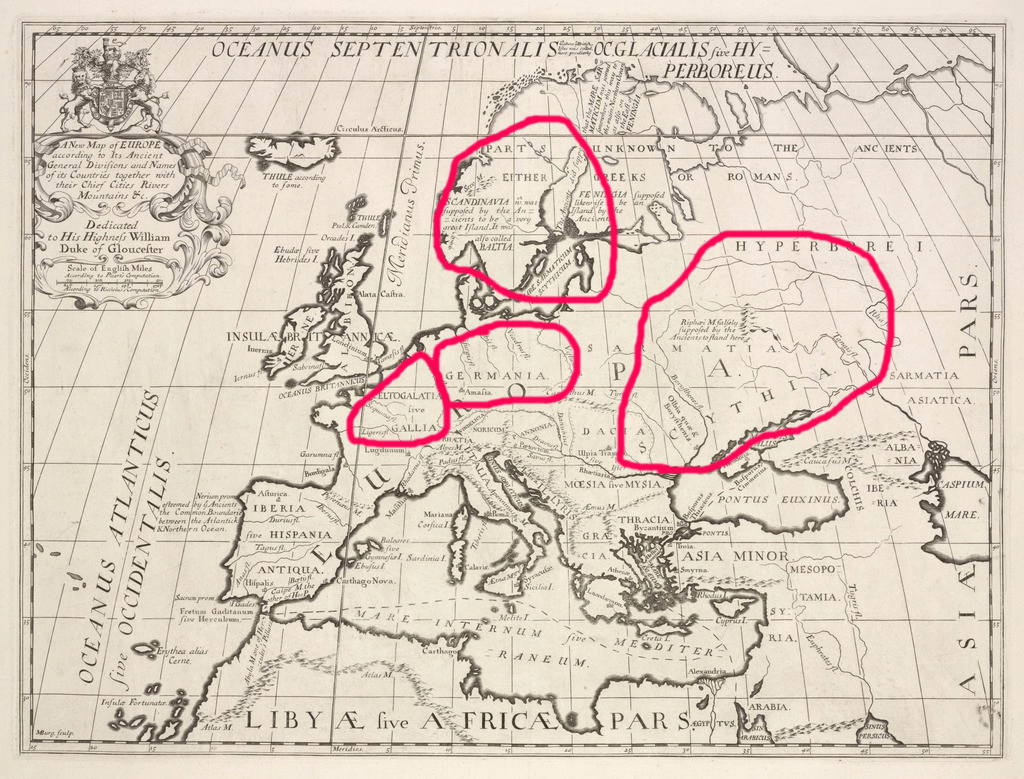A friend recently asked me to review a book by NT Wright called Surprised by Hope. In a nutshell, Mr. Wright starts his argument with the Bible’s teaching on the bodily resurrection and the future glorious kingdom, adds a little sophistry, and concludes that the church has been commissioned by God to make this world a better place to live—to fix the world’s problems like poverty, third-world debt, pollution, global warming, and inequality. This is a provocative claim. If this be true, then the church has a two-fold commission: this social-gospel commission and the salvation gospel commission. But this two-fold commission is not an equal yoke. In this book, as everywhere that the neo-liberal message goes, the social gospel is prioritized and the salvation gospel is marginalized.
Reading this book has re-impressed upon my heart the burning necessity of addressing the two-fold commission issue which is making waves in the evangelical church. Has God really given us, the church, a two-fold commission: the salvation gospel (save men from sin and hell) and the social gospel (save the world from its problems)? Or has he merely given us a single commission—the salvation gospel? If we embrace only the salvation gospel, are we indulging a truncated Christianity that is only half of what disciples are supposed to be engaged in? And on the contrary, if we embrace the two-fold gospel, are we taking up a bloated Christianity that has added man-made baggage to our discipleship?
This answer to this conundrum becomes obvious when we consider the following observations which address the distinction between the two positions and point out the fatal difficulties that beset the two-fold understanding.
First of all, we must make a distinction between the historical evangelical belief that our gospel preaching will go further when it is accompanied with practical demonstrations of love and the neo-liberal position that we have a God-given obligation to fix this broken world. The former manifests love in connection with a gospel that saves men from a world system that is condemned already and slated for absolute destruction by fire. The latter manifests love in connection with a gospel that attempts to save the world system and reproaches those who reject this effort with the charge of escapism. There is a great gulf fixed between these two positions. And it is deceitful when men abuse passages that teach the former view and try to leverage them as an argument for the latter.
Secondly, there is no purpose for saving the world system if it is destined for a judgment that will be as destructive as the flood. But sadly, those influenced by the neo-liberal viewpoint tend to lose their taste for the 30% of the Bible that is prophetic. They don’t like to talk about the wrath and judgment to come. They get angry when you point out that this present world (both the planet and the world system) will be absolutely destroyed—every mountain shaken down, every island washed away by massive tsunamis, and everything combustible burned by fire from heaven (Rev. 6:12-17, Haggai 2:6, 2 Peter 3:1-13, Mal. 4:1-6, Joel 2:1-3).
Thirdly, it is a complete waste of energy, money, and time when Christians attempt to fix this world’s problems. It is poor—unwise and unscriptural—stewardship. The Bible plainly teaches that the strongman’s house cannot be cleaned up until the strong man is bound (Matt. 12:25-29, Luke 11:17-22). In other words, the world cannot be cleaned up until Satan, the god and ruler of this world (2Cor. 4:4, John 12:31), is bound. And the strong man running this world will not be bound until the day that the Lord Jesus sets foot on Earth again at the second coming and binds the devil with a strong chain and casts him into the abyss (Rev. 20:1-3). But those who agitate for the two-fold gospel message have no problem marginalizing such prophecies or even spiritualizing them, giving them some watered-down application in the present time instead of a literal fulfillment at the end of the age.
Fourthly, in connection with the above point, it must be pointed out that the world is not merely broken. Its problem cannot be fixed with a little love, a little skill, and dab of glue. The real problem is mankind himself, not his circumstances. The entire world is in rebellion against the living God—lying in the wicked one (John 3:18-21, 1 John 5:19). This means that no matter what men fix, or what they think they have fixed, they have fixed nothing essential because mankind is still in rebellion against him. This rebellion—the root problem of every other problem—will not be fixed until the Lord descends from heaven and slays every ungodly man and casts him into hell (Joel 3:12, Matt. 25:31-46, Luke 19:12-27).
Fifthly, there is not a single passage in the New Testament which teaches that the church has a commission to clean this world up or fix its problems. The proponents of the social gospel cannot prove their doctrine with straightforward exegesis and they have never tried. They always resort to subtle arguments which assume things they need to prove, ignore passages that are fatal to their position, champion unwarranted conclusions, and rely heavily on argumentum ad hominem—smearing their adversaries with unjust charges.
In summary, if you haven’t already faced it, you are going to face the siren song of this two-fold gospel for it is the latest rage in evangelicalism. Will you give in to this ear-tickling message which makes the gospel message more palatable to the world or will you stay true to the gospel message of the Bible which offends the world because of its emphasis on sin, on separation from the world, and on the impending judgment of this present evil world?
“Eyes wide open, brain engaged, heart on fire.”
Lee W. Brainard





No Comments